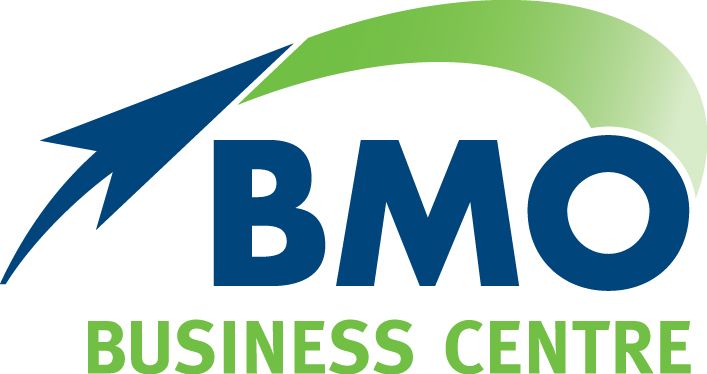Traps to avoid with rental properties
Owning a rental property has many benefits, but recently the Australian Taxation Office (ATO) announced that it will be keeping a close eye on rental property deductions. This comes after an increasing number of property owners are being found to be getting their claims wrong. It can be easy to become caught up in the ‘hype’ surrounding rental properties, so it’s important you don’t fall into any traps.
Traps to avoid with rental properties include:
• Buying for the wrong reasons: Don’t just buy a rental property for tax benefits, it needs to be the right choice for your investment strategy and future goals.
• Getting the deductions wrong: The most common errors rental property owners make when making claims are:
– Claiming rental deductions for properties not genuinely available for rent.
– Incorrectly claiming deductions for properties only available for rent part of the year such as a holiday home.
– Incorrectly claiming structural improvement costs as repairs when they are capital work deductions, such as renovating a bathroom or building a pergola.
– Overstating deduction claims for the interest on loans taken out to purchase, renovate or maintain a rental property.
• Not being prepared for ups and downs: You need to be aware that you might have a period of time that you are without regular rent like when you are completing renovations on a property, doing unexpected repairs, or in-between tenants. So you need to make sure you have access to funds that will help you through these times.
It’s important that you understand and make yourself familiar with the rules and regulations that surround rental properties, as you could incur a large penalty if you’re caught doing the wrong thing. If you are ever unsure be sure to speak to your accountant before making any claims. For more information head to www.ato.gov.au/residential rental properties
The post Traps to avoid with rental properties appeared first on BMO Accountants.


